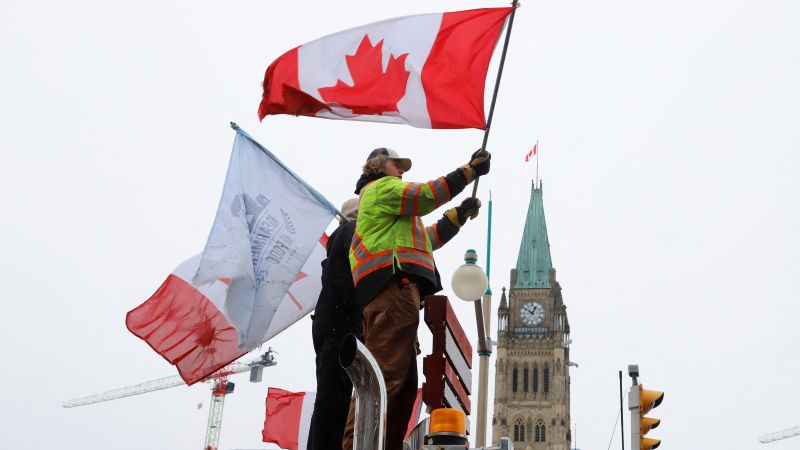The U.S. Drug Enforcement Administration will move to reclassify
marijuana as a less dangerous drug, the Associated Press has learned, a historic shift to generations of American drug policy that could have wide ripple effects across the country.
The DEA’s proposal, which still must be reviewed by the White House Office of Management and Budget, would recognize
the medical uses of cannabis and acknowledge it has less potential for abuse than some of the nation’s most dangerous drugs. However, it would not legalize marijuana outright for recreational use.
The agency’s move, confirmed to the AP on Tuesday by five people familiar with the matter who spoke on the condition of anonymity to discuss the sensitive regulatory review, clears the last significant regulatory hurdle before the agency’s biggest policy change in more than 50 years can take effect.
Once OMB signs off, the DEA will take public comment on the plan to move marijuana from its current classification as a Schedule I drug, alongside heroin and LSD. It moves pot to Schedule III, alongside ketamine and some anabolic steroids,
following a recommendation from the federal Health and Human Services Department. After the public-comment period the agency would publish the final rule.
It comes after President Joe Biden called for a review of federal marijuana law in October 2022 and moved to
pardon thousands of Americans convicted federally of simple possession of the drug. He has also called on governors and local leaders to take similar steps to erase marijuana convictions.
“Criminal records for marijuana use and possession have imposed needless barriers to employment, housing, and educational opportunities,” Biden said in December. “Too many lives have been upended because of our failed approach to marijuana. It’s time that we right these wrongs.”
The election year announcement could help Biden, a Democrat, boost flagging support, particularly among
younger voters.
Schedule III drugs are still controlled substances and subject to rules and regulations, and people who traffic in them without permission could still face federal criminal prosecution.
Some critics argue the DEA shouldn’t change course on marijuana, saying rescheduling isn’t necessary and could lead to harmful side effects.
Jack Riley, a former deputy administrator of the DEA, said he had concerns about the proposed change because he thinks marijuana remains a possible “gateway drug," one that may lead to the use of other drugs.
“But in terms of us getting clear to use our resources to combat other major drugs, that’s a positive,” Riley said, noting that fentanyl alone accounts for more than 100,000 deaths in the U.S. a year.
On the other end of the spectrum, others argue marijuana should be treated the way alcohol is.
Last week, 21 Democrats led by Senate Majority Leader Sen. Chuck Schumer of New York sent a letter to DEA Administrator Anne Milgram and Attorney General Merrick Garland arguing marijuana should be dropped from the controlled-substances list and instead regulated like alcohol.
“It is time for the DEA to act,” the lawmakers wrote. “Right now, the Administration has the opportunity to resolve more than 50 years of failed, racially discriminatory marijuana policy.”
Federal drug policy has lagged behind many states in recent years, with 38 having already legalized medical marijuana and
24 legalizing its recreational use.
That’s helped fuel fast growth in the marijuana industry, with an estimated worth of nearly $30 billion. Easing federal regulations could reduce the tax burden that can be 70% or more for businesses, according to industry groups. It could also make it easier to research marijuana, since it’s very difficult to conduct authorized clinical studies on Schedule I substances.
The immediate effect of rescheduling on the nation’s criminal justice system would likely be more muted, since federal prosecutions for simple possession have been fairly rare in recent years.
But loosening restrictions could carry a host of unintended consequences in the drug war and beyond.
Critics point out that as a Schedule III drug, marijuana would remain regulated by the DEA. That means the roughly 15,000 cannabis dispensaries in the U.S. would have to register with the DEA like regular pharmacies and fulfill strict reporting requirements, something that they are loath to do and that the DEA is ill equipped to handle
Then there’s the United States' international treaty obligations, chief among them the 1961 Single Convention on Narcotic Drugs, which requires the criminalization of cannabis. In 2016, during the Obama administration, the DEA cited the U.S.’ international obligations and the findings of a federal court of appeals in Washington in denying a similar request to reschedule marijuana.
Once OMB signs off, the DEA will take public comment on the plan to move marijuana from its current classification as a Schedule I drug, alongside heroin and LSD. It moves pot to Schedule III, alongside ketamine and some anabolic steroids.

www.thegazette.com
